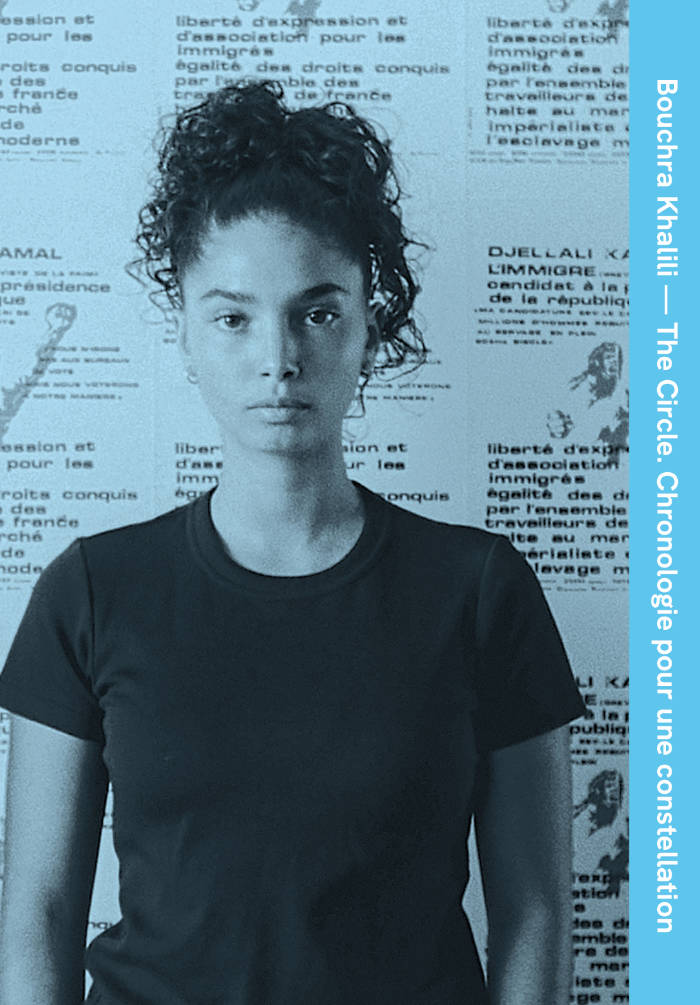
Living with Ghosts: A Reader
Living With Ghosts explores the ways the unresolved traumas of Africa’s colonial past, and its unfulfilled project of decolonisation, continue to haunt the present global order. The reader further expands on these complex ideas through philosophical, historical, and literary approaches. Reprinted texts by thinkers such as Achille Mbembe, C.L.R. James, and Sabelo J. Ndlovu-Gatsheni explore the historical experiences of the African postcolony and the problematics of decolonisation. Meditations on artists including John Akomfrah and Abraham Oghobase provide engaging entry points to their multi-layered artistic practices. Also featured are images of artworks in the exhibition and an in-depth conversation between Bouchra Khalili and KJ Abudu.
Texts by Achille Mbembe, Jacques Derrida, C.L.R. James, Sabelo J. Ndlovu-Gatsheni, KJ Abudu, Emmanuel Iduma, Walter D. Mignolo, Avery F. Gordon, Adjoa Armah, Joshua Segun-Lean. Conversation with Bouchra Khalili and KJ Abudu.







